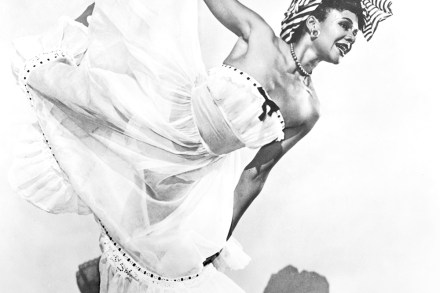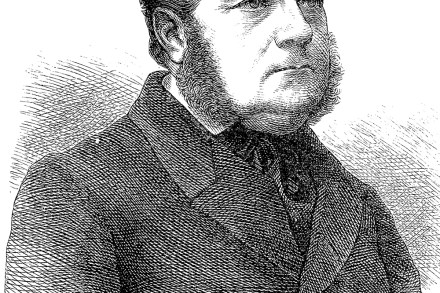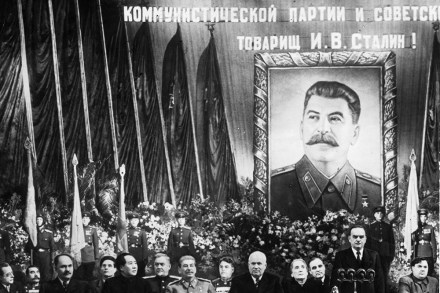The pioneering women of modern dance
Arms outstretched, head thrown back, flounced skirt rippling over a raised leg. The 1942 photograph of Sophie Maslow dancing in her own creation Folksay makes her look as if she is performing in Seven Brides for Seven Brothers or some MGM musical spectacular. Yet Maslow was a radical artist, who asserted that modern dance was





















